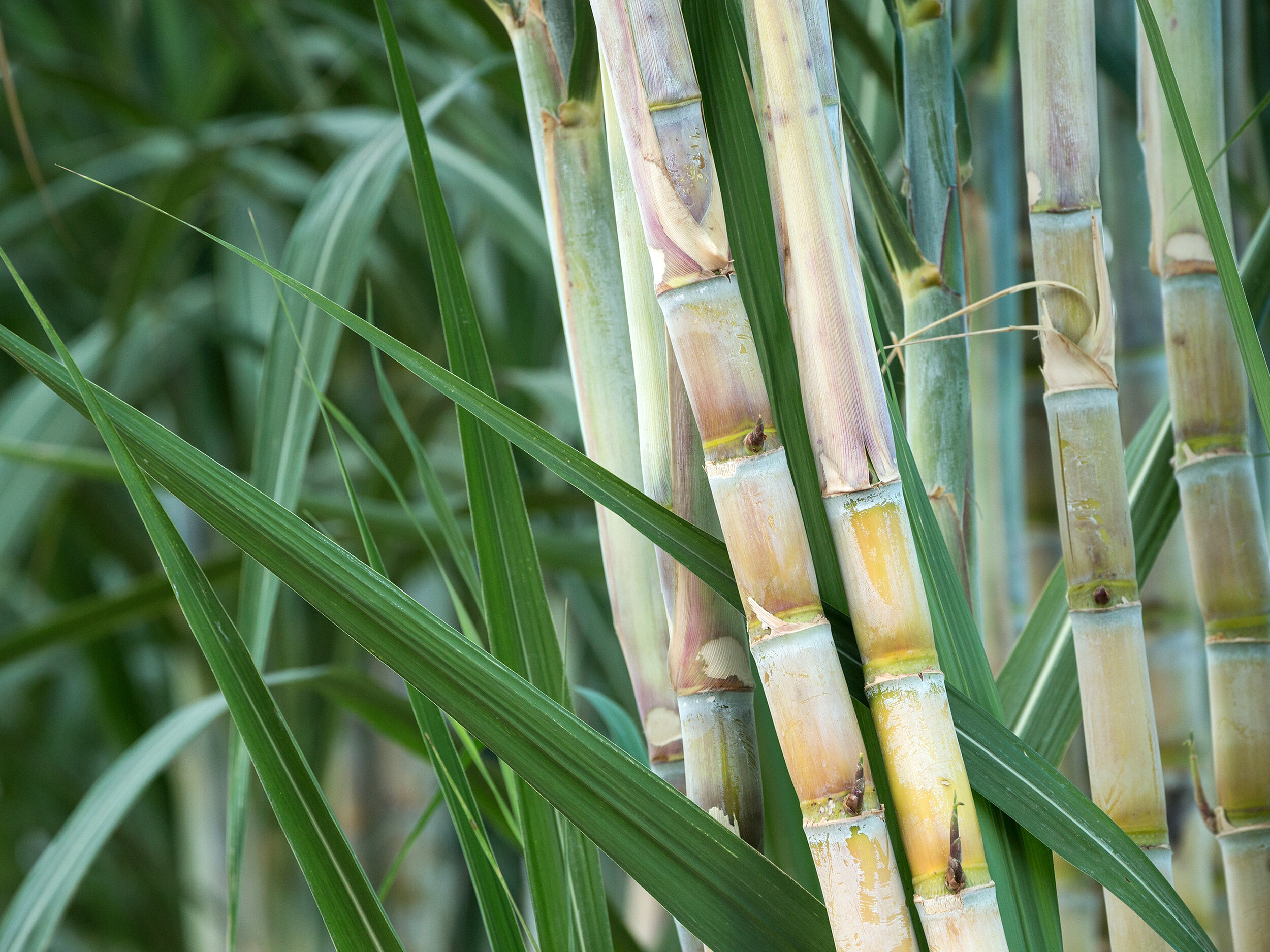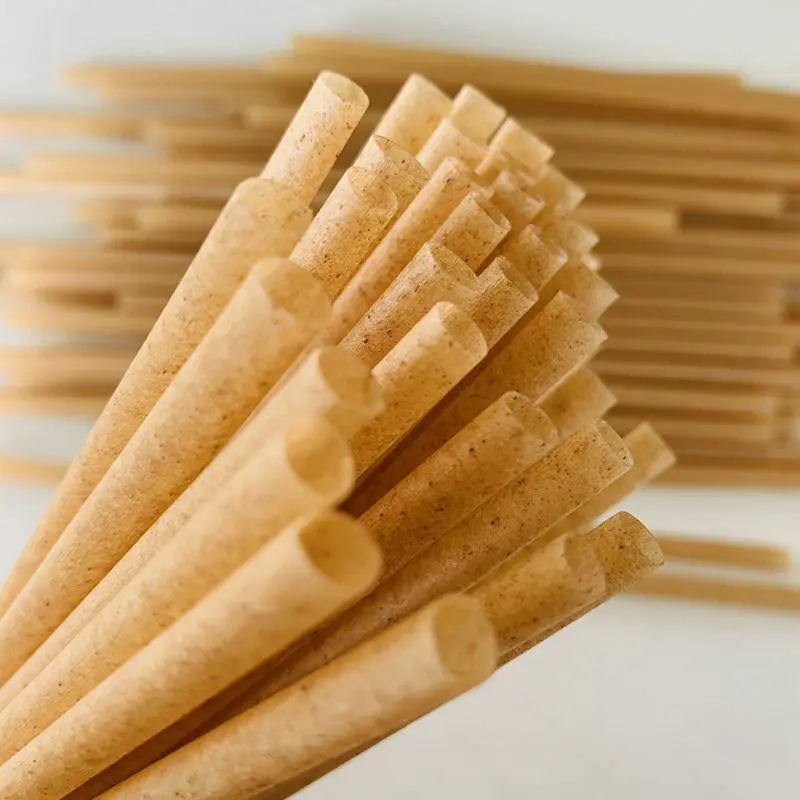From Sugarcane Product to Biofuels: The Versatile Uses of Sugarcane
From Sugarcane Product to Biofuels: The Versatile Uses of Sugarcane
Blog Article
Lasting Sugarcane Products: From Sweeteners to Eco-Friendly Goods
The possibility of lasting sugarcane items prolongs past traditional sugar to include a variety of eco-friendly goods, presenting an engaging instance for their assimilation into modern-day consumer practices - sugarcane product. As the world faces pressing environmental concerns, sugarcane becomes a flexible source with the ability of attending to both nutritional requirements and sustainability objectives. This conversation will certainly explore just how advancements in sugarcane cultivation and handling can cause substantial developments in naturally degradable packaging and eco-conscious textiles. What ramifications might these advancements have for future consumer selections and ecological impact?
Review of Sugarcane Sustainability
As the need for eco-friendly products expands, recognizing sugarcane sustainability ends up being progressively essential. Sugarcane, a functional crop, is grown largely in subtropical and tropical areas, and its sustainability is crucial for both environmental health and economic feasibility. Sustainable sugarcane farming methods concentrate on lessening eco-friendly influence while maximizing efficiency and success.
Key elements of sugarcane sustainability consist of effective land use, minimized chemical input, and boosted water administration. Practices such as plant turning, integrated insect administration, and natural fertilizing add to dirt health and biodiversity. Additionally, innovative modern technologies, such as accuracy agriculture, aid enhance source use and minimize waste.
Additionally, sugarcane is a renewable energy, with byproducts that can be utilized in numerous industries, from biofuels to naturally degradable plastics, therefore decreasing reliance on nonrenewable fuel sources and diminishing carbon footprints. Qualifications like the Bonsucro conventional motivate sustainable techniques throughout the supply chain, promoting openness and accountability.

Sugarcane-Based Sugar
Using sugarcane as a primary source, sugarcane-based sweeteners have obtained importance as all-natural choices to fabricated sugar and polished sugars (sugarcane product). These sweeteners, stemmed from the extraction and handling of sugarcane juice, offer a series of items that deal with varied consumer preferences, including natural and minimally processed choices
Amongst the most noteworthy sugarcane-based sweeteners are raw walking cane sugar, panela, and molasses. Raw cane sugar keeps more of the natural tastes and nutrients found in sugarcane, making it a popular option for health-conscious customers. Panela, a standard Latin American sweetener, is created by vaporizing sugarcane juice, maintaining its all-natural minerals and vitamins. Molasses, a result of sugar removal, is rich in anti-oxidants and vital nutrients, acting as a healthy sweetening agent in different cooking applications.
The growing demand for sugarcane-based sugar is driven by enhancing understanding of wellness and sustainability issues related to traditional sweeteners. By selecting sugarcane-derived items, consumers not just support lasting agricultural techniques but also contribute to a healthier way of life, aligning their dietary selections with their ecological values.
Naturally Degradable Packaging Solutions
Emerging as a practical alternative to traditional plastics, biodegradable packaging options stemmed from sugarcane are changing the product packaging market. These cutting-edge products supply an eco-friendly choice that addresses the expanding problems over plastic contamination. Using the natural sugars discovered in sugarcane, makers are developing numerous types of naturally degradable packaging, consisting of movies, containers, and wraps that break down much more quickly than conventional plastics.
The main advantages of Going Here sugarcane-based packaging lie in its sustainable sourcing and its capability to break down right into safe results. Unlike fossil fuel-derived plastics, which can linger in the setting for centuries, sugarcane packaging commonly disintegrates within a couple of months under appropriate problems. This reduction in waste not only mitigates landfill overflow however likewise reduces the carbon footprint linked with packaging materials.
In addition, sugarcane-derived packaging keeps durable performance characteristics, supplying equivalent longevity and performance to traditional choices. As consumers and companies progressively focus on sustainability, the adoption this of eco-friendly product packaging options represents a substantial step in the direction of a round economic situation, where products are reused and restored instead of disposed of. This shift not just boosts brand image however likewise adds to an extra sustainable future for the world.
Eco-Friendly Textiles and Fabrics
Eco-friendly fabrics and fabrics are gaining traction in the fashion and home goods markets as consumers significantly demand sustainable choices to typical products. Among the significant alternatives are fabrics stemmed from sugarcane, which offer an eco responsible option to synthetic fibers. These fabrics are created through a procedure that utilizes the renewable energies discovered in sugarcane, significantly reducing reliance on petroleum-based materials.

Brands are increasingly incorporating environmentally friendly textiles right into their item lines, mirroring a wider commitment to sustainability. This change is not just a trend but a required evolution in action to ecological concerns. As the marketplace for sustainable textiles broadens, customers can eagerly anticipate cutting-edge styles that integrate style with ecological responsibility. Inevitably, environmentally friendly textiles and use this link materials represent a considerable action toward minimizing the fashion business's environmental footprint while satisfying the expanding need for liable consumer choices.
Innovations in Sustainable Farming
Revolutionizing agricultural practices, technologies in sustainable farming are changing the means crops are grown and handled. These improvements concentrate on minimizing ecological impact while optimizing effectiveness and performance.

Moreover, agroecology, which incorporates ecological principles right into farming, advertises biodiversity and dirt wellness. Practices such as plant rotation, cover chopping, and intercropping foster resistant ecosystems that can withstand insects and environment variants - sugarcane product. In addition, using natural plant foods and biopesticides adds to much healthier dirts and ecological communities

Together, these developments are not just improving the farming landscape however likewise adding to a more lasting future for sugarcane and other plants, straightening farming experiment ecological stewardship.
Verdict
Sustainable sugarcane items stand for a substantial improvement in eco-friendly choices, spanning from natural sugar to naturally degradable products. The farming of sugarcane with sustainable techniques not just boosts ecological health but likewise adds to financial feasibility. As customer preferences increasingly lean towards lasting alternatives, the flexibility of sugarcane as a renewable resource ends up being significantly appropriate. This trajectory highlights the significance of continued technology and commitment to lasting practices within the sugarcane sector, cultivating a more lasting future.
The possibility of lasting sugarcane products prolongs beyond standard sweeteners to incorporate a range of environment-friendly products, offering a compelling case for their combination into modern-day consumer practices. Sustainable sugarcane farming practices focus on lessening environmental impact while making the most of performance and earnings.
Sustainable sugarcane items stand for a considerable development in eco-friendly choices, extending from all-natural sugar to biodegradable items. The farming of sugarcane via sustainable methods not just enhances environmental health but also contributes to financial stability. As customer preferences significantly lean in the direction of lasting options, the versatility of sugarcane as an eco-friendly source ends up being significantly pertinent.
Report this page